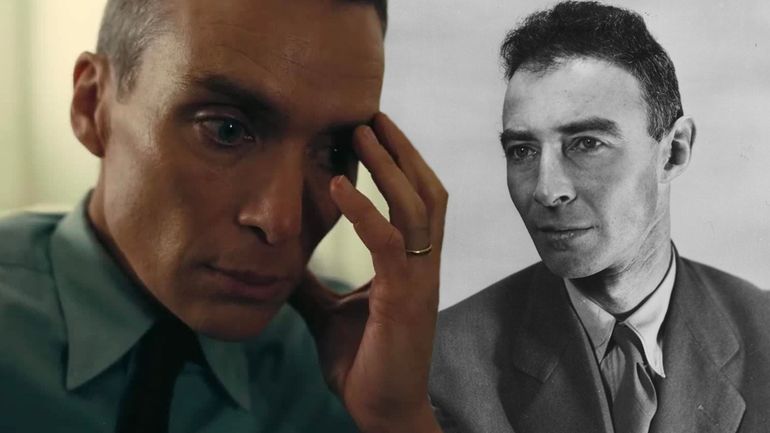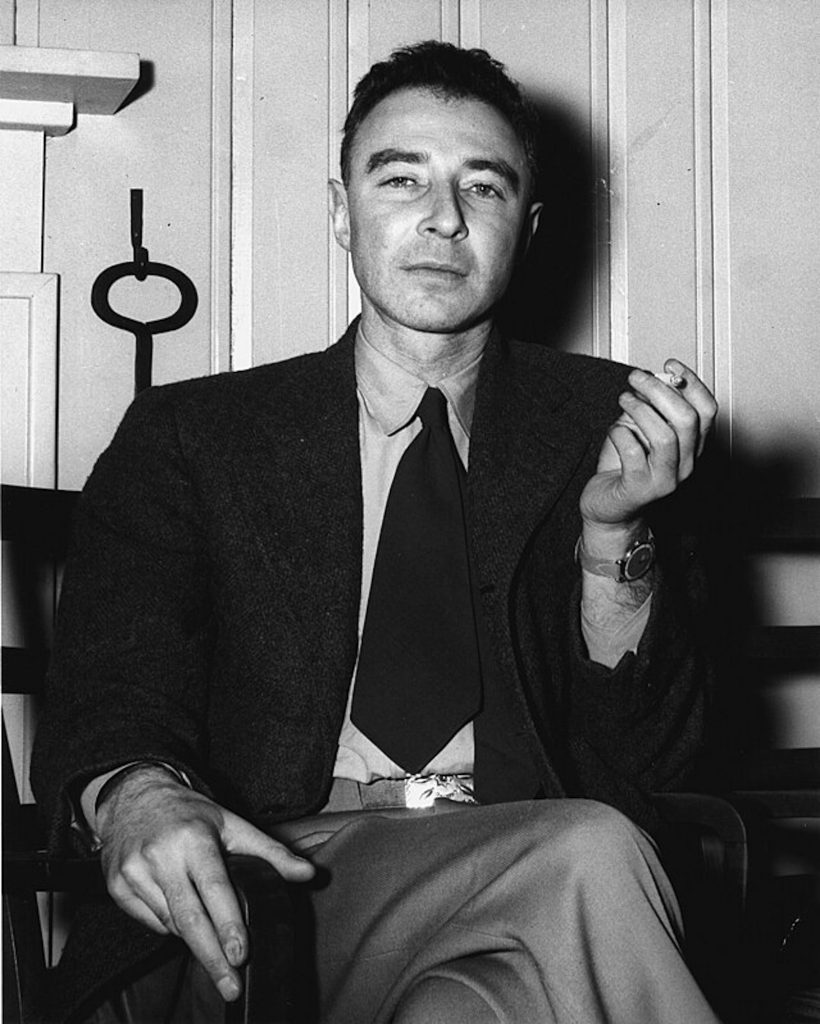
The Demise of Oppenheimer: Unveiling the Mystery Behind His Death

Curious about how J. Robert Oppenheimer met his end? Dive into the details of the renowned physicist's cause of death after watching Christopher Nolan's film.
Christopher Nolan’s Oppenheimer was a major success in 2023, being one of the most acclaimed movies of the year. The film continues to receive accolades and recognition, with a high number of nominations for the upcoming Oscars. Following the release of this epic movie, many viewers are curious about what happened to the real-life physicist, J. Robert Oppenheimer, after the events depicted in the film, including details about his eventual cause of death.
In our Oppenheimer review, we lauded the movie, but there is a significant aspect of the titular character's life that remains unseen in Nolan's impressive biopic.
Today, we will delve into this missing piece of the timeline by examining J. Robert Oppenheimer and the circumstances surrounding his death in reality.
How did Oppenheimer die? Cause of death explained
J. Robert Oppenheimer died on February 18, 1967, at the age of 62. The cause of death was the outcome of a prolonged battle with throat cancer.
The origins of Oppenheimer's illness can be traced back to his early years, a time when the dangers of smoking were not fully known. Cillian Murphy portrays Oppenheimer as a chain smoker, a habit that ultimately led to health issues such as tuberculosis and, eventually, laryngeal cancer in 1965.
During the 1960s, despite medical advancements, there were limited effective treatments available for aggressive forms of cancer, especially in the later stages.
Related:
Top 10 anime with the best story
The physicist showed his usual determination and resilience despite his illness, but over time, the disease began to weaken him.
An image of J. Robert Oppenheimer in 1946
Oppenheimer underwent surgery, radiation treatment, and chemotherapy, but unfortunately these were all unsuccessful. He fell into a coma before passing away in 1967, marking the loss of one of the most consequential figures in modern science.
He passed away in Princeton, New Jersey, where his funeral took place with over 600 attendees, including his scientific, political, and military colleagues. However, this aspect is not depicted in Oppenheimer, as it falls outside of Nolan's focused timeline.
According to The New York Times' original obituary, "A family spokesperson confirmed that Dr. Oppenheimer passed away at 8 o'clock in his residence on the Institute for Advanced Study premises. He had been battling throat cancer since the previous year."
The physicist played a role in the creation of the first atomic bomb. In 1954, he lost his security clearance from the Atomic Energy Commission due to suspected ties with Communists.
Nine years later, the same agency honored Dr. Oppenheimer with the $50,000 Fermi award for his exceptional work in theoretical physics and his skills in scientific and administrative leadership.
Oppenheimer's passing prompted deep contemplation on a global scale. It signified not just the end of one person's life, but also the conclusion of a significant era in the realms of nuclear physics and world history.
For further insights on the subject, you may find our guide to the Oppenheimer ending explained, the Oppenheimer filming locations, and the true story of the renowned physicist intriguing. Additionally, if you are interested in delving into more content related to the filmmaker, we have compiled a list of all Christopher Nolan movies ranked by Rotten Tomato scores, as well as a preview of Nolan's upcoming film.
We’ve also got a guide to all the new documentaries and true crime coming your way this month if these kind of historical stories are your thing.
Editor's P/S:
The article provides a detailed account of J. Robert Oppenheimer's death, highlighting the tragic consequences of his smoking habit. It is sobering to learn that even a brilliant mind like Oppenheimer could fall victim to the dangers of tobacco. The article also sheds light on the limited medical treatments available during that era, underscoring the challenges faced by individuals battling aggressive forms of cancer. The loss of Oppenheimer, a pivotal figure in modern science, is a reminder of the profound impact that personal choices can have on one's legacy.
The article also touches upon the complexities of Oppenheimer's life, including his role in the development of the atomic bomb and the subsequent controversies surrounding his political affiliations. It is fascinating to note that despite his contributions to science, Oppenheimer's reputation was tarnished by unfounded suspicions, ultimately leading to the revocation of his security clearance. However, the article also highlights the recognition he received later in life, with the Fermi Award serving as a testament to his exceptional work in theoretical physics. Oppenheimer's story is a multifaceted tale that encompasses both triumph and adversity, offering valuable insights into the complexities of human nature.














